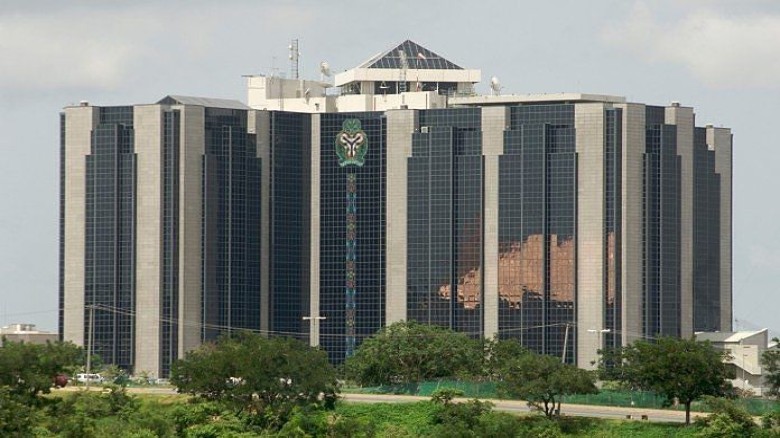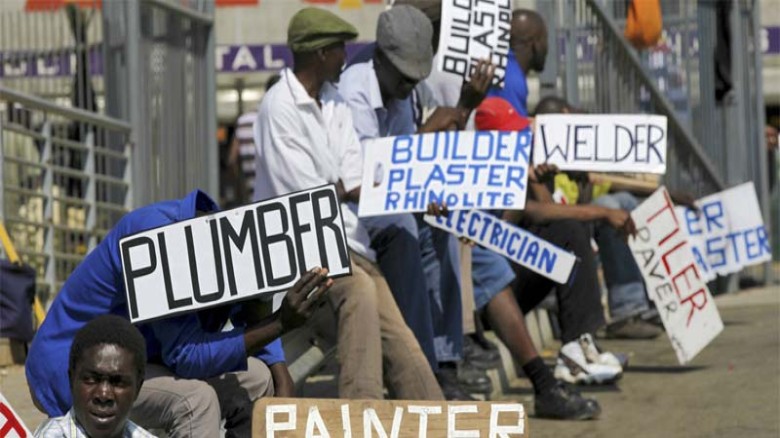World Bank Identifies Poor Regulation as the Cause of Lagos Building Collapses
World Bank Identifies Poor Regulation as the Cause of Lagos Building Collapses
World Bank Report Highlights Regulatory Failures as Cause of Lagos Building Collapses
In a report on housing regulatory framework standards in sub-Saharan Africa, the World Bank has identified the root causes behind the frequent building collapses in Lagos State. The report emphasizes the existence of gaps and loopholes in the permitting process, as well as the utilization of unqualified professionals in building design and construction.
The absence of a legally adopted building design code, limited available land for development, and the lack of systems to ensure construction material quality were also cited as contributing factors to the regular collapse of buildings in the state.
According to the World Bank, a mere 10 percent of construction sites in Lagos obtain permits, and even when permits are secured, the final construction often deviates from the specified requirements.
Lagos Building Collapse Prevention Guild Report Uncovers Alarming 115 Incidents in a Decade
Earlier this year, the Lagos State branch of the Building Collapse Prevention Guild released a report highlighting a staggering 115 cases of building collapse in the capital city over the past decade.
The report specifically emphasizes the absence of a legally adopted building design code in Lagos State as a major contributing factor. This deficiency leads to substandard design and construction practices, ultimately compromising the structural integrity of buildings, making them more vulnerable and reducing their expected lifespan.
Limited Land and Lack of Risk-Informed Site Selection Compound Building Collapse Risks in Lagos
In addition to the aforementioned factors, another significant reason for building collapse in Lagos is the scarcity of available land for development, further compounded by the absence of risk-informed site selection. Due to the limited land resources in Lagos, builders, especially those from low-income backgrounds, often find themselves compelled to opt for precarious construction sites. Furthermore, the unavailability of site-specific risk information exacerbates the situation, leaving builders without essential data to make informed decisions about potential hazards.
Inadequate Quality Assurance Systems and Regulatory Oversight Contribute to Building Collapse Risks
One of the prominent factors contributing to building collapses, particularly during the rainy season, is the lack of robust systems to ensure the quality of construction materials. The materials available in the marketplace often fail to meet Nigerian national standards, which encompass minimum material requirements, certification mechanisms, and testing protocols. Moreover, the limited capacity of material testing facilities in Lagos further exacerbates the problem.
As a consequence of regulatory failures, buildings suffer from collapses during the rainy season, primarily due to construction taking place on unsuitable sites or experiencing flood-induced damage to foundations and structures. The absence of proper oversight and regulation plays a significant role in these unfortunate incidents.
Under-Resourced Building Control Authority Hinders Effective Site Monitoring and Inspection, Notes World Bank
The World Bank report further highlights the challenges faced by the building control authority, emphasizing its inadequate resources, insufficient transportation, and lack of proper equipment for conducting effective site monitoring and inspections.
In order to address these issues, the World Bank suggests a collaborative approach between the government and the private sector. Additionally, they propose bottom-up outreach efforts to educate and inform communities about the inherent risks associated with low-quality construction and design. By fostering cooperation and raising awareness, these measures aim to mitigate the prevalent risks and promote safer building practices in Lagos.
























Leave A Comment